Hasedera Temple, Nara’s Timeless Beauty
Located at the foot of Mt. Hase, Hasedera Temple is not only famous because it is the eighth temple of the Saigoku Pilgrimage, but also because its temple grounds are especially beautiful; ranging from beautiful flowers like sakura to peonies in the spring, to breathtaking leaves in the fall.
Hasedera Temple
Hasedera dates back to 686, when the monk Domyo, built a little temple and three-story pagoda in the hopes of curing the illness of Emperor Tenmu. Later in 727, Tokudo, the founder of the Saigoku Kannon Pilgrimage, carved a statue of Juuichimen Kannon Bosatsu. He enshrined the statue in a small temple as the main deity and expanded the temple, ergo creating the Hasedera Temple.
Hasedera Temple is definitely one of the famous temples in Nara, but it is famous for its beautiful temple grounds.
Especially in spring, there are many kinds of flowers throughout the temple.
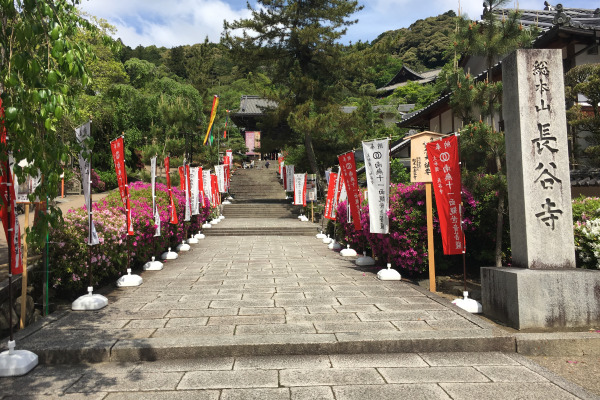
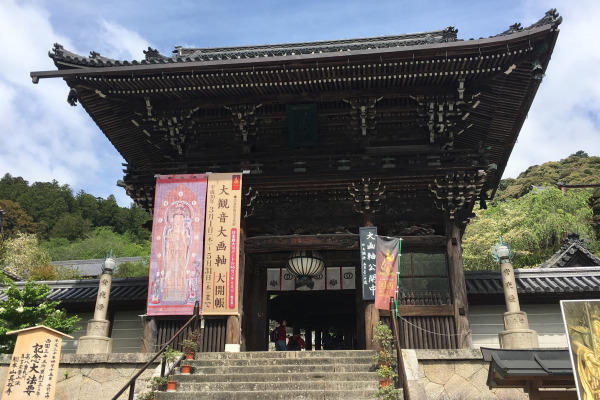
After the Gate, you will see a long staircase, called Toro. The toro leads to the main temple grounds and has a total of 399 steps. This staircase is very rare and is iconic of Hase-dera.
Along the stairs, there are a lot of peonies on either side.
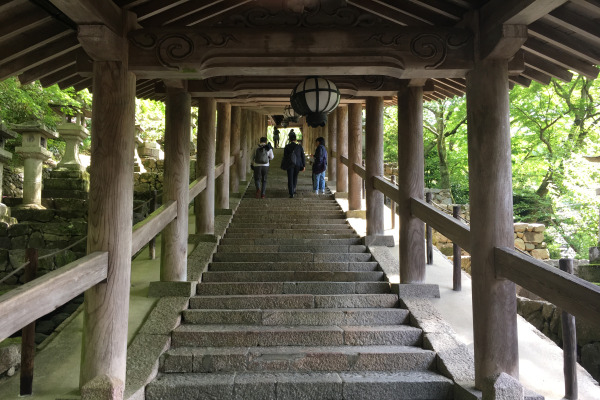
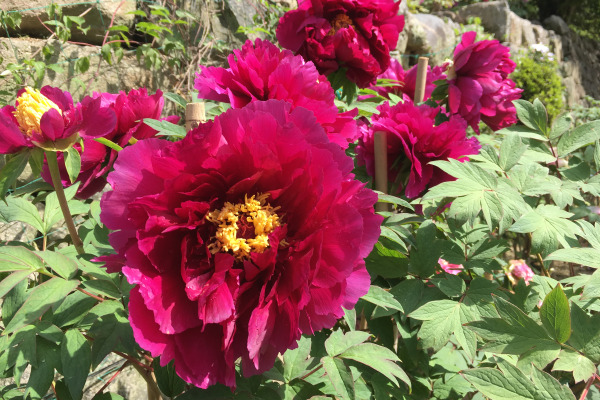
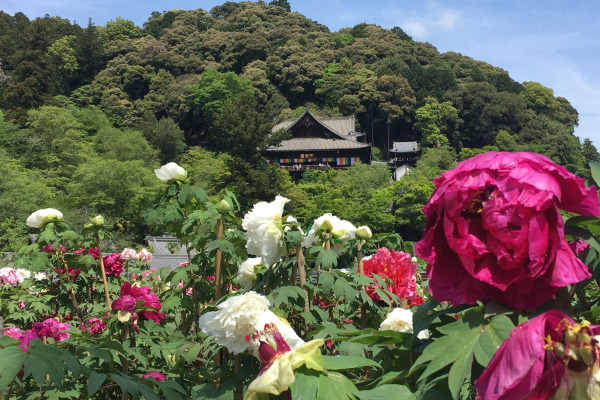
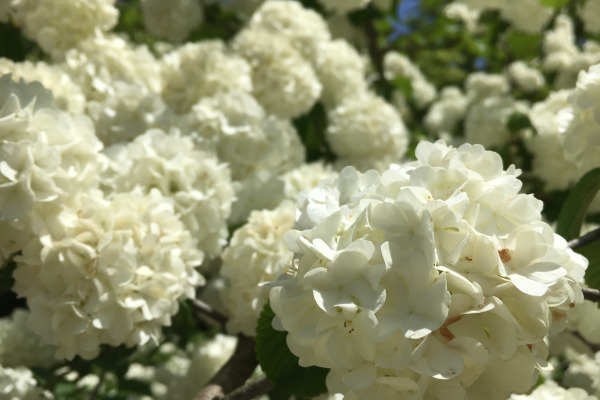
Hondo of Hasedera
After climbing up long stairs, you will see Hondo. The hondo of Hasedera is so big!
The original Hondo was built by Toyotomi Hidenaga in 1588 but Tokugawa Ieyasu demolished it for unknown reasons. Overall, Hase-dera has burnt down as many as seven times. Tokugawa Iemitsu, the 3rd Tokugawa shogun, built the current hondo in 1650.
The main Buddha is an astonishing 10-meter-tall statue of Juuichimen Kannon Bosatsu. The original, unfortunately, burnt down long ago. The current statue is still quite old, however, and dates back to the Muromachi Period.
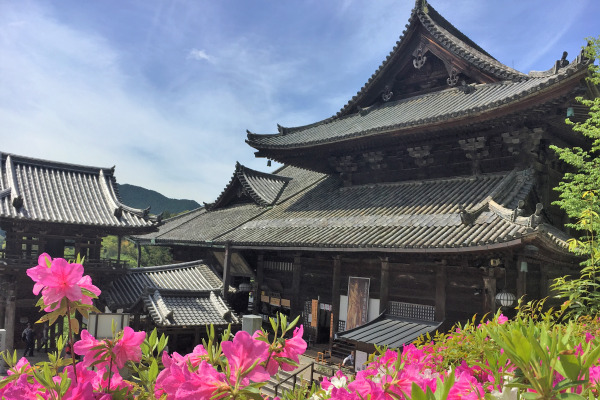
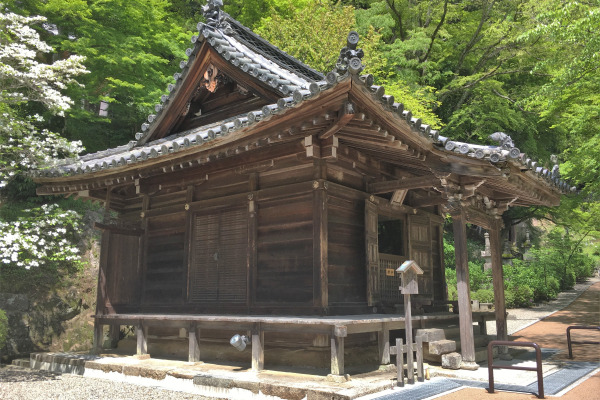
Hase-dera has had a rough time throughout the centuries. It fell into disrepair around the 16th century i.e. the Sengoku Period. To revive the temple, Toyotomi Hidenaga, the brother of Hideyoshi, ordered the monks of Negoro-ji to move to Hase-dera after their war against Hideyoshi. For this reason, Hasedera and Negoro-ji have a strong relationship and today share the same beliefs.
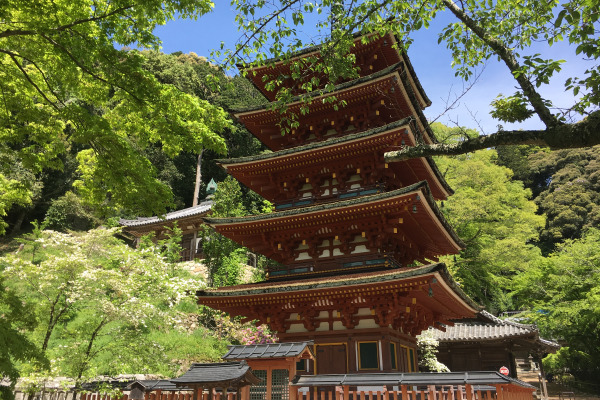
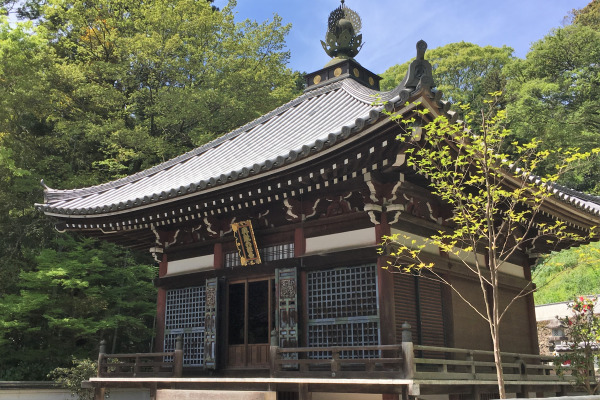
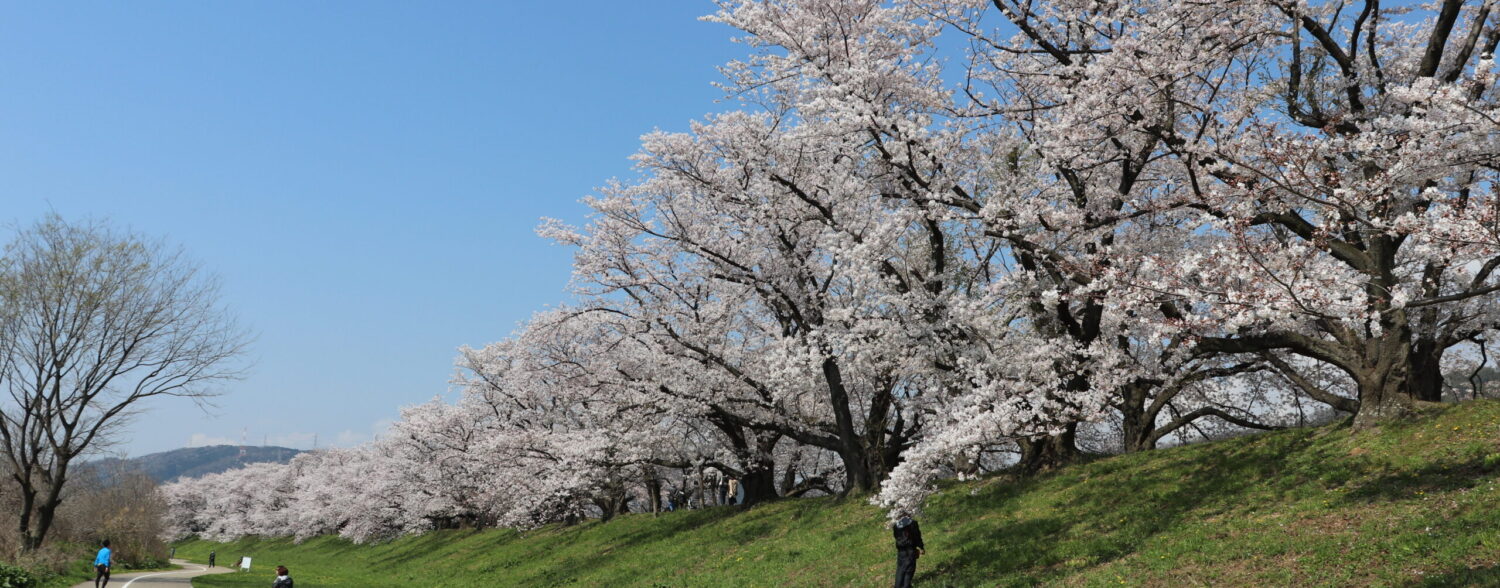
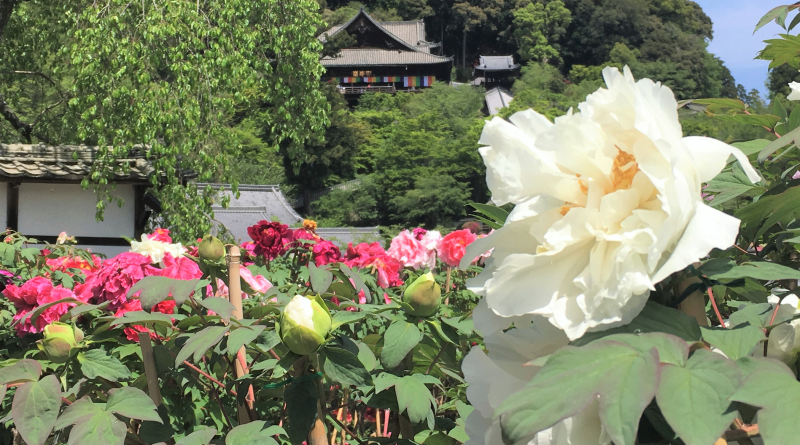
Leave a Reply